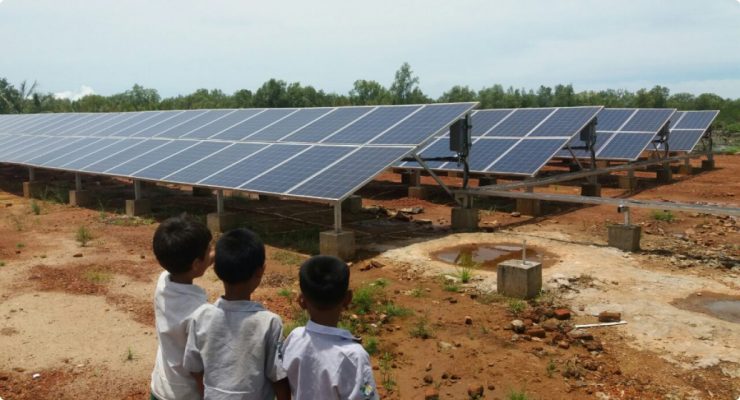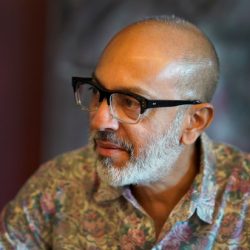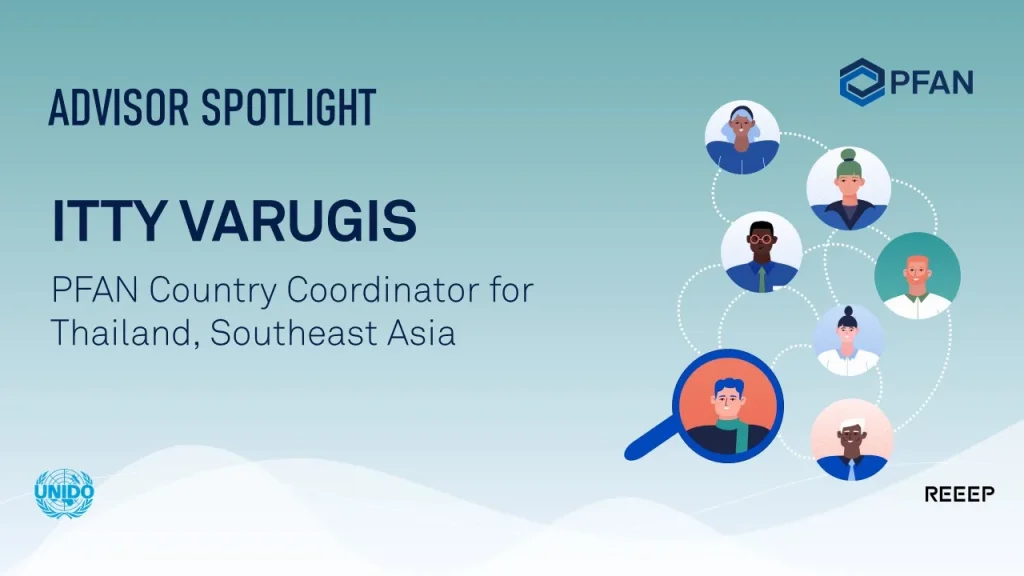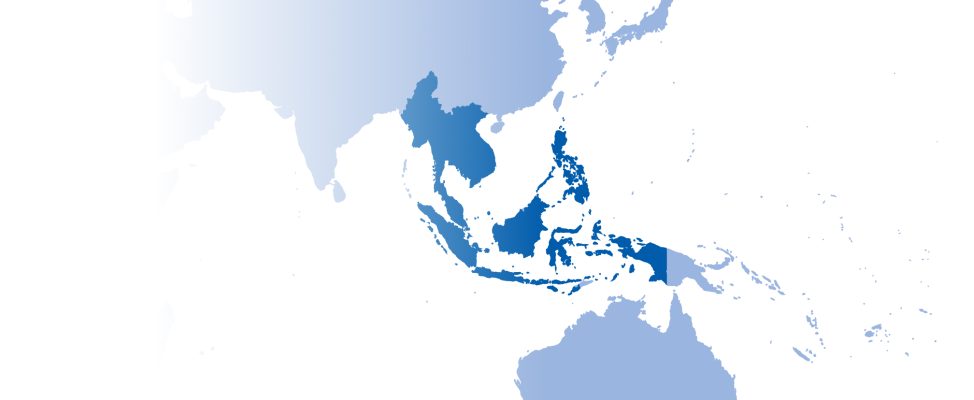
Region Overview
Southeast Asia continues to see strong demand for decarbonization of the energy sector, with high penetration of solar and wind in the national energy mix, especially in Vietnam and Thailand. The levelized cost of energy from renewables continues to fall, and opportunities are expected to emerge not only for renewable energy power producers, but also for providers of low-emissions generation equipment, electricity storage hardware and related services. This includes solar panel and wind turbine manufacturers, battery manufacturers, companies involved in extracting and refining minerals needed for batteries and solar panels (like lithium and nickel), and companies building and operating new generation networks [1].
In 2022, PFAN helped Thien Phu Energy to secure an investment of USD 130 million to build two wind farms with a total of 60 MW in Ben Tre, Vietnam, becoming one of the largest single financial mobilisations for PFAN in Asia in the past several years.
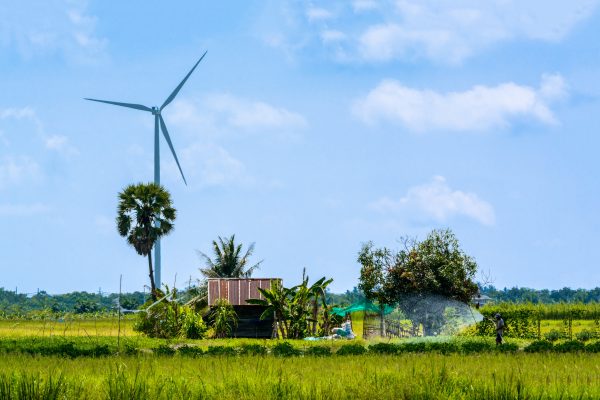
E-mobility is becoming more popular across Southeast Asia, with electric vehicle (EV) sales in the region growing 35% year on year in Q3 2022 [2]. Thailand registered the highest EV sales volume in the region, capturing an early 60% market share, followed by Indonesia and Singapore. PFAN is supporting this industry to grow also in Vietnam, with two of our supported e-mobility businesses – Selex Motors and QIQ Vietnam – mobilising finance last year.
Additionally, there is a growing demand for alternative proteins in the region. In 2022, PFAN received several alternative protein projects from Cambodia, Vietnam and Thailand, for both use of animal feed and also for human consumption. The common source of protein is the black soldier fly.
Climate-smart agriculture continues to present an attractive opportunity for investment and for PFAN support. Precision agriculture and farmer service platforms are the most attractive opportunities, due to strong regulatory support, especially in Malaysia, Thailand and Vietnam [3]. For example, HUSK Ventures Cambodia, which aims to support farmer’s livelihoods and climate resilience by transforming rice husks into effective and affordable carbon-based fertilizers, were inducted into the PFAN pipeline in October 2022.
In 2022, we supported 8 projects to raise a total investment of close to USD 166 million in the areas of wind, rural electrification and energy access, clean transport and climate adaptation. A total of 26 new projects were provided PFAN support in Indonesia (9), Philippines (5), Cambodia (4), Thailand (4), Myanmar (2), Laos (1) and Malaysia (1).
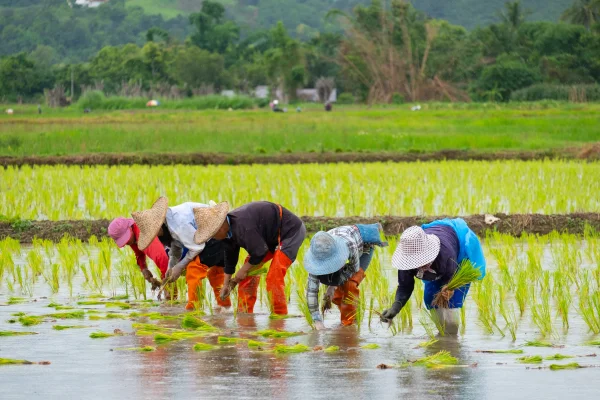
PFAN events in Southeast Asia
We continued to strengthen our partnership with the Sustainable Energy Association of Singapore (SEAS) by co-hosting the 4th edition of the Power ACE competition. Through this partnership, we provide our expertise in business coaching and investment facilitation services for start-ups to scale up innovative technologies in clean energy and clean technology. PFAN advisors provided a total of one month of mentorship to 4 out of 12 shortlisted projects for the competition.
PFAN supported the Malaysian regional bank CIMB to host a pitch competition for SMEs in clean tech, clean energy and sustainability. The ESG-SME Pitch Challenge supported promising SMEs to pitch their projects to a panel of CIMB bankers and outside experts. PFAN helped CIMB to identify SMEs that have sustainability-focused business models or operations across the Association of Southeast Asian Nations (ASEAN) to compete in the event and helped prepare the 12 shortlisted SMEs with their investor pitch.
We conducted two investor roundtables, convening 20 investors from Southeast Asia and South Asia to share their experience, lessons learned, and views on market direction and opportunities. More than 30 PFAN advisors and network partners joined each of the roundtables and actively engaged in the discussion.
Capacity building in the PFAN Network
We hosted two gender working sessions with Country Coordinators and Advisors, with the outcome of defining criteria to identify gender-responsive projects, gender focused and women-led businesses. These findings will be incorporated into the guidelines to support gender mainstreaming in PFAN projects.
‘’ Although 2022 was a challenging year as businesses and investors slowly emerged from the shadow of the pandemic, we saw a lot of promising and innovative companies in the region.”

[2] Counterpoint’s Global Passenger Electric Vehicle Model Sales Tracker

